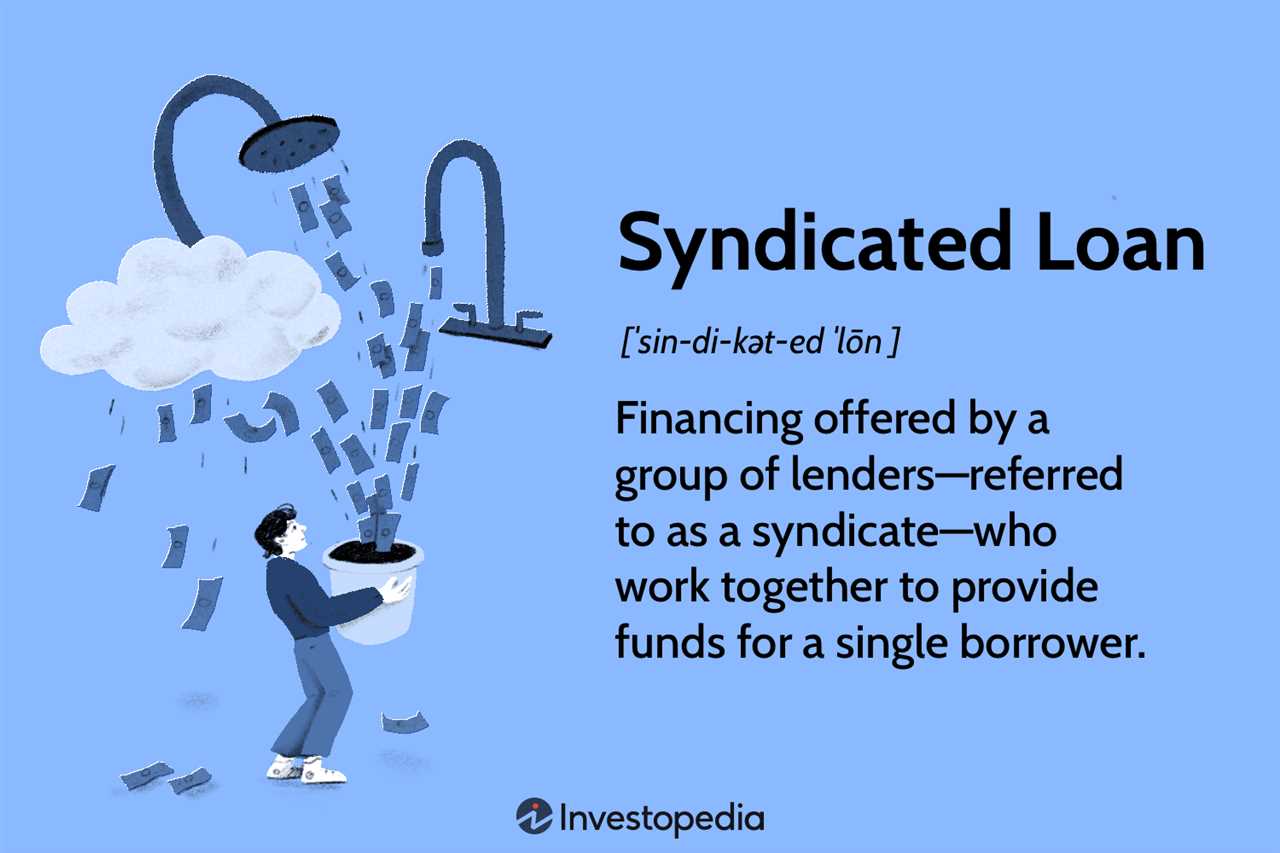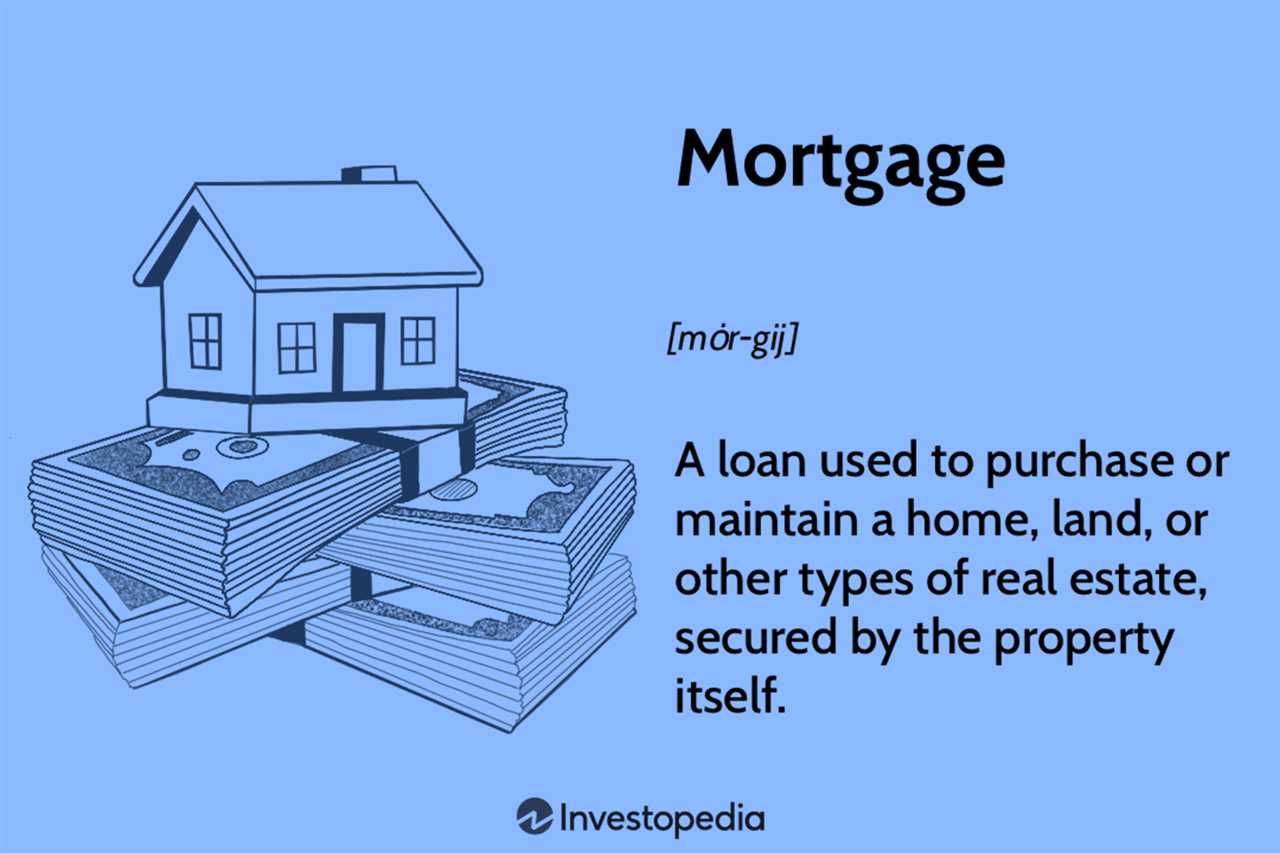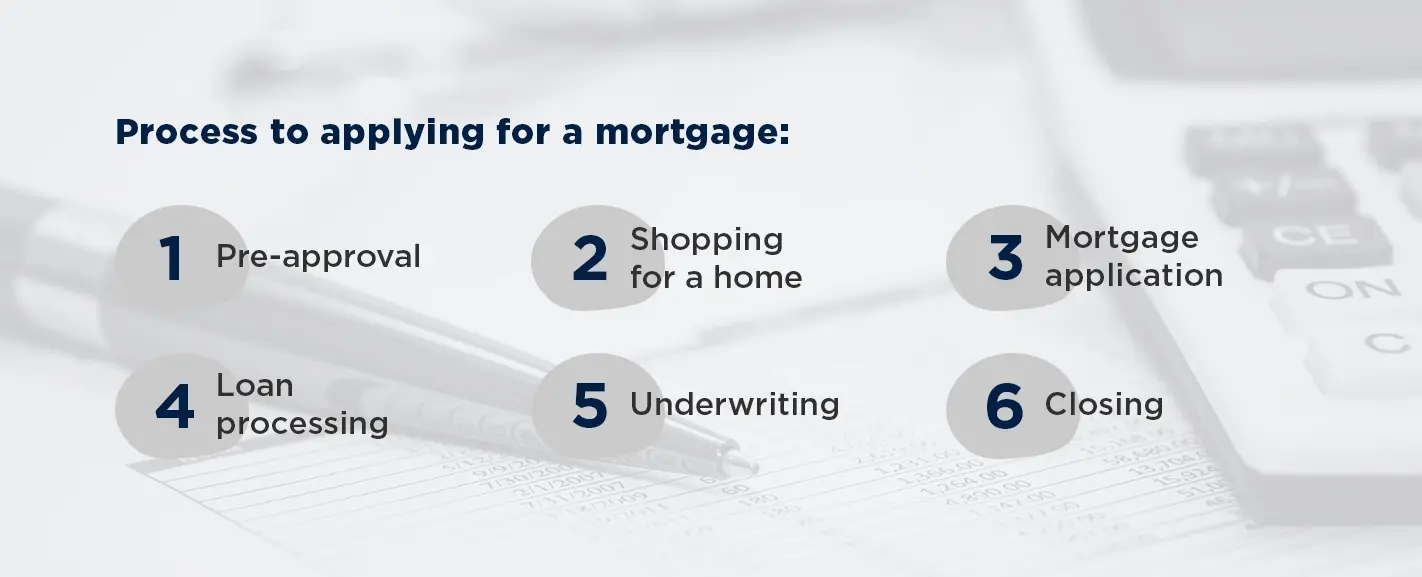Mortgage Broker: What They Do and How They Work
What Does a Mortgage Broker Do?
A mortgage broker works with borrowers to understand their financial situation and goals. They gather all the necessary documentation, such as income statements, credit reports, and employment history, to assess the borrower’s eligibility for a mortgage loan. Based on this information, the mortgage broker then searches for lenders who offer suitable loan products.
Once the broker identifies potential lenders, they present the borrower’s application and negotiate the terms and conditions of the loan on their behalf. This includes interest rates, repayment terms, and any additional fees or charges. The broker acts as a liaison between the borrower and the lender, ensuring that all parties are informed and satisfied with the loan agreement.
How Does a Mortgage Broker Work?
When working with a mortgage broker, the process typically involves the following steps:
- Initial Consultation: The borrower meets with the mortgage broker to discuss their financial situation, goals, and preferences.
- Documentation Collection: The borrower provides the necessary documentation, such as pay stubs, bank statements, and tax returns, to the mortgage broker.
- Loan Shopping: The mortgage broker searches for loan options from various lenders, comparing interest rates, terms, and fees.
- Application Submission: The broker submits the borrower’s application to the chosen lender.
- Negotiation: The broker negotiates with the lender to secure the best possible terms and conditions for the borrower.
- Loan Approval: Once the loan is approved, the broker assists the borrower in reviewing and signing the loan documents.
- Closing: The broker ensures that all necessary parties are present for the loan closing and facilitates the transfer of funds.
Throughout the process, the mortgage broker provides guidance and advice to the borrower, answering any questions or concerns they may have. They also stay updated on the latest mortgage products and industry regulations to provide the most accurate and relevant information to their clients.
Role of a Mortgage Broker
A mortgage broker plays a crucial role in the home buying process. They act as intermediaries between borrowers and lenders, helping individuals and families secure the best mortgage loan options for their specific needs. The role of a mortgage broker can be summarized in the following key responsibilities:
- Educating borrowers: One of the primary roles of a mortgage broker is to educate borrowers about the different types of mortgage loans available, the interest rates, repayment terms, and other important factors. They help borrowers understand the complexities of the mortgage market and make informed decisions.
- Assessing financial situation: Mortgage brokers evaluate the financial situation of borrowers, including their income, credit history, and debt-to-income ratio. This assessment helps them determine the mortgage loan options that are suitable for the borrower’s financial capabilities.
- Researching loan options: Mortgage brokers have access to a wide range of mortgage loan products from various lenders. They research and compare different loan options to find the best terms and rates for their clients. This saves borrowers time and effort in searching for suitable mortgage loans on their own.
- Negotiating with lenders: Once a borrower decides on a specific mortgage loan, the mortgage broker acts as a liaison between the borrower and the lender. They negotiate with lenders to secure the most favorable terms, including interest rates, loan amount, and repayment schedule.
- Completing paperwork: Mortgage brokers assist borrowers in completing the necessary paperwork for the mortgage application process. They ensure that all required documents are properly filled out and submitted to the lender in a timely manner.
- Providing ongoing support: Even after the mortgage loan is approved and the home purchase is complete, mortgage brokers continue to provide support to borrowers. They can help with refinancing options, answering questions about mortgage terms, and providing guidance throughout the life of the loan.
Overall, the role of a mortgage broker is to simplify the mortgage loan process for borrowers. They provide expert advice, personalized service, and access to a wide range of loan options, ultimately helping individuals and families achieve their dream of homeownership.
Benefits of Using a Mortgage Broker

1. Access to a Wide Range of Lenders:
Mortgage brokers have access to a vast network of lenders, including banks, credit unions, and private lenders. This allows them to offer borrowers a wide range of mortgage options to choose from. Unlike traditional banks, mortgage brokers are not limited to a single lender’s products, giving borrowers more flexibility and potentially better rates.
2. Expert Advice and Guidance:
Using a mortgage broker can save borrowers time and money. Brokers do the legwork on behalf of borrowers, researching and comparing mortgage options from multiple lenders. This saves borrowers from having to individually approach each lender and fill out multiple applications. Additionally, mortgage brokers often have access to exclusive deals and discounts, potentially saving borrowers money on interest rates and fees.
4. Personalized Service:
Mortgage brokers provide personalized service tailored to each borrower’s unique needs. They take the time to understand the borrower’s financial situation, goals, and preferences, and then recommend mortgage options that align with these factors. Brokers can also assist with the paperwork and documentation required for the mortgage application, making the process smoother and less stressful for borrowers.
5. Negotiation Power:
Mortgage brokers have the negotiation skills and industry knowledge to advocate for borrowers and secure favorable mortgage terms. They can negotiate with lenders on behalf of borrowers, potentially getting better interest rates, lower fees, or more flexible repayment terms. This can result in significant savings over the life of the mortgage.
How Mortgage Brokers Work
1. Initial Consultation
The first step in working with a mortgage broker is to schedule an initial consultation. During this meeting, the broker will gather information about your financial situation, including your income, credit score, and any outstanding debts. This information will help the broker determine what type of mortgage you may qualify for.
2. Shopping for Lenders

3. Application Process
Once the broker has identified a suitable lender and loan option, they will assist you with the application process. They will help you gather all the necessary documentation, such as pay stubs, tax returns, and bank statements. The broker will also review the application to ensure it is complete and accurate before submitting it to the lender.
4. Communication with the Lender
Throughout the mortgage process, the broker will serve as a liaison between you and the lender. They will communicate with the lender on your behalf, providing any additional documentation or information that may be required. The broker will also keep you updated on the progress of your application and address any questions or concerns you may have.
5. Mortgage Approval
Once the lender has reviewed your application, they will make a decision on whether to approve your mortgage. The broker will inform you of the lender’s decision and explain any conditions or requirements that need to be met before the mortgage can be finalized.
6. Closing the Mortgage

Once your mortgage is approved, the broker will work with you and the lender to coordinate the closing process. They will ensure that all necessary paperwork is completed and signed, and that the funds are transferred to the appropriate parties. The broker will also explain the terms of the mortgage to you and answer any final questions you may have.
Finding the Right Mortgage Broker

1. Research and compare:
Start by researching different mortgage brokers in your area. Look for brokers who have a good reputation and positive reviews from previous clients. Compare their services, fees, and mortgage options to find the one that best suits your needs.
2. Ask for recommendations:
Reach out to friends, family, and colleagues who have recently purchased a home or refinanced their mortgage. Ask them about their experience with their mortgage broker and if they would recommend them. Personal recommendations can be a valuable resource in finding a reliable broker.
3. Check credentials:
Make sure the mortgage broker you choose is licensed and regulated. You can verify their credentials by checking with your local regulatory authority or professional association. This will ensure that the broker meets the necessary qualifications and standards.
4. Meet in person:
Arrange a meeting with potential mortgage brokers to discuss your financial situation and goals. This will give you an opportunity to assess their knowledge, professionalism, and communication skills. A face-to-face meeting can help you determine if you feel comfortable working with them.
5. Ask questions:
Don’t be afraid to ask questions during your meeting with a mortgage broker. Inquire about their experience, the lenders they work with, and the mortgage products they offer. A good broker will be transparent and willing to provide you with all the information you need to make an informed decision.
6. Consider their expertise:
Consider the specific expertise of the mortgage broker. Some brokers specialize in certain types of mortgages, such as first-time homebuyer loans or investment property mortgages. If you have unique circumstances or specific needs, look for a broker who has experience in handling similar cases.
7. Trust your instincts:
Ultimately, trust your instincts when choosing a mortgage broker. If something doesn’t feel right or you have doubts about their abilities, it’s better to keep looking. A mortgage is a significant financial commitment, so it’s essential to work with someone you trust and feel confident in.
By following these tips, you can find the right mortgage broker who will guide you through the mortgage process and help you secure the best possible loan for your needs.

Emily Bibb simplifies finance through bestselling books and articles, bridging complex concepts for everyday understanding. Engaging audiences via social media, she shares insights for financial success. Active in seminars and philanthropy, Bibb aims to create a more financially informed society, driven by her passion for empowering others.
